Steve Webb: MoneyWeek Talks
While the rising cost of the triple lock policy has stirred controversy, Steve Webb, who was pensions minister when it was introduced, argues the triple lock is vital. Webb spoke to Kalpana Fitzpatrick on the MoneyWeek Talks podcast – out now.

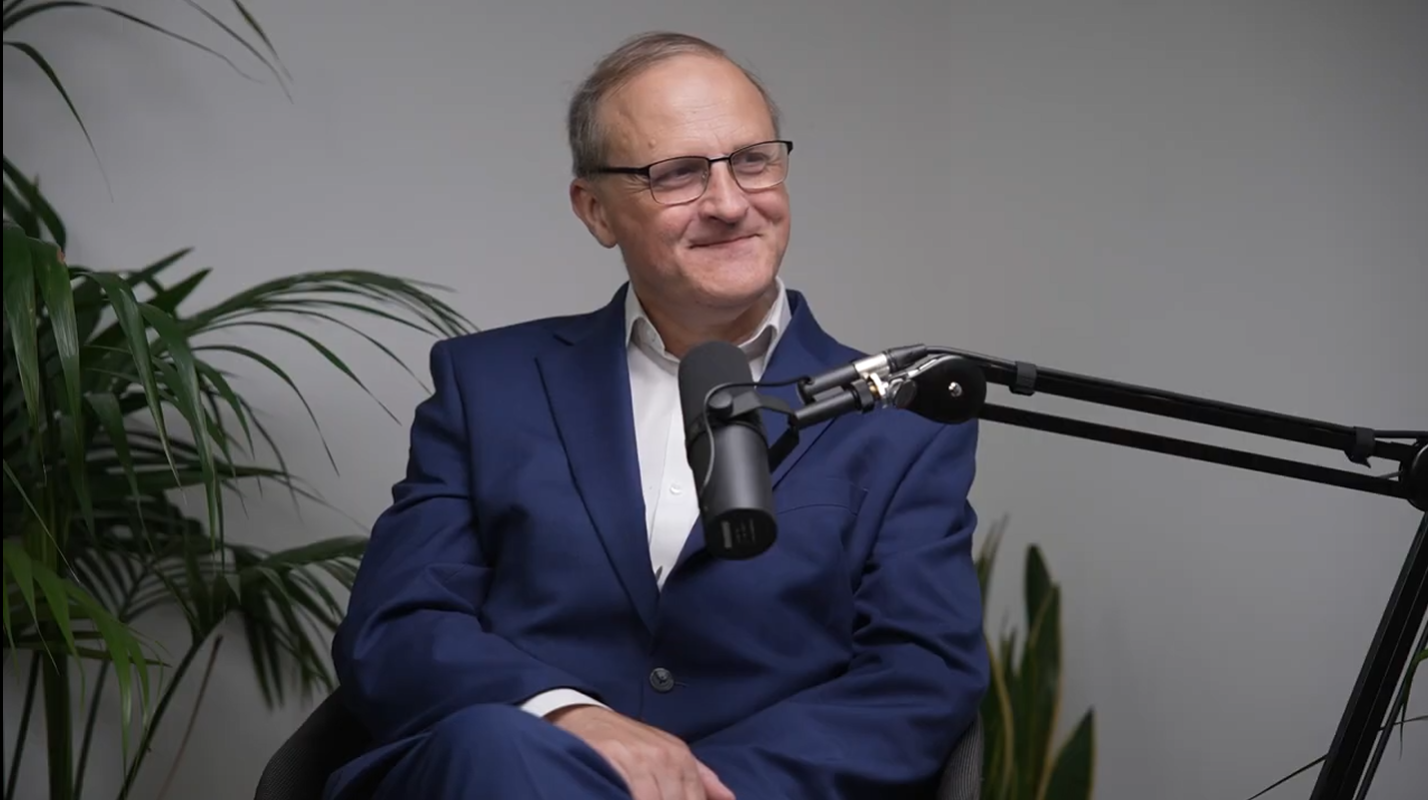
Get the latest financial news, insights and expert analysis from our award-winning MoneyWeek team, to help you understand what really matters when it comes to your finances.
You are now subscribed
Your newsletter sign-up was successful
Want to add more newsletters?

Twice daily
MoneyWeek
Get the latest financial news, insights and expert analysis from our award-winning MoneyWeek team, to help you understand what really matters when it comes to your finances.

Four times a week
Look After My Bills
Sign up to our free money-saving newsletter, filled with the latest news and expert advice to help you find the best tips and deals for managing your bills. Start saving today!
The state pension triple lock is estimated to cost the government around £15.5 billion by 2030, putting the policy under intense pressure with many industry experts calling for it to be scrapped. From April 2026, pensioners will get an above-inflation state pension boost of 4.8%, thanks to the triple lock.
The mechanism is considered generous and expensive. For a desperate chancellor, Rachel Reeves, who needs to plug an estimated £20 billion deficit, removing the triple lock could be an easy way to free up cash.
But Steve Webb, who was the pensions minister when the triple lock was introduced in 2012 under the Conservative–Liberal Democrat coalition government, argues that it helps tackle pensioner poverty and it is right that the policy stays put.
MoneyWeek
Subscribe to MoneyWeek today and get your first six magazine issues absolutely FREE

Sign up to Money Morning
Don't miss the latest investment and personal finances news, market analysis, plus money-saving tips with our free twice-daily newsletter
Don't miss the latest investment and personal finances news, market analysis, plus money-saving tips with our free twice-daily newsletter
The triple lock is there to do a job. I’m not embarrassed or ashamed of it
Steve Webb
Speaking on the latest episode of MoneyWeek Talks – which can be watched on YouTube or downloaded on any podcast platform – Webb says: “I became pensions minister in 2010. But in the previous 30 years, the state pension had been falling in value relative to what people earn, so it just went up with inflation most of the time.
“But the problem with that is if you earn and earn and then stop earning, then the thing you fall onto when you stop earning needs to be connected to some proportion of what you were earning. Otherwise, you just fall off a cliff and your standard of living crashes. So, the state pension needs to be pegged to a proportion of what people are earning and for 30 years, [prior to the triple lock] that had not happened.”
Webb, who is now a partner at consulting firm LCP, argued that before the triple lock, the state pension was getting worse relative to what people were used to before they retired.
“So, the point of more generous indexation post 2010 was to undo 30 years of damage.
“I’m not embarrassed or ashamed; I am proud of the fact that the state pension has been over-indexed, so we link it now to the best of growth in wages, growth in prices or 2.5%. This has nudged up the state pension a bit, relative to the average wage.”
The UK state pension is the least generous in the G7 group of the world's most advanced economies, with UK retirees receiving around 22% of average earnings from the state pension, much lower than continental neighbour France (with 58%) and Italy (76%). Webb says he does not think the triple lock system will last forever, but for now, it is there to do a job.
Steve Webb – MoneyWeek Talks
The triple lock: a boost for pensioners
In April 2026, 13 million pensioners will benefit from an above-inflation rise to the state pension, thanks to the triple lock. For those getting the full new state pension, it’s worth £550 a year. The increase is an extra £120 compared to what it would have been if it had been uprated by inflation only.
The rate of the full new state pension is expected to increase to just over £240 a week.
The full basic state pension is set to rise by around an extra £440 a year.
“There is an argument that the triple lock is a sop to the grey vote, this is all about older people, and that young people should not have to pay for this, but they [young people] need a good state pension, don’t they?” Webb says on the podcast.
In a report earlier this year, the Office for Budget Responsibility pointed out that public finances are exposed to inflation shocks and earnings growth – that, with an aging population, means state pension spending, after health, was the second-largest source of upward pressure on government spending.
Labour has so far pledged not to touch the triple lock in this Parliament, but its future could still be at risk in the coming years. Plus, we have seen many U-turns on policies from Labour, raising fears the triple lock could well one day be on the cards as Reeves continues to face cost pressure.
In case you missed it, the first podcast episode of MoneyWeek Talks with Rishi Sunak is also available to watch or listen to now.
Get the latest financial news, insights and expert analysis from our award-winning MoneyWeek team, to help you understand what really matters when it comes to your finances.
Kalpana is an award-winning journalist with extensive experience in financial journalism. She is also the author of Invest Now: The Simple Guide to Boosting Your Finances (Heligo) and children's money book Get to Know Money (DK Books).
Her work includes writing for a number of media outlets, from national papers, magazines to books.
She has written for national papers and well-known women’s lifestyle and luxury titles. She was finance editor for Cosmopolitan, Good Housekeeping, Red and Prima.
She started her career at the Financial Times group, covering pensions and investments.
As a money expert, Kalpana is a regular guest on TV and radio – appearances include BBC One’s Morning Live, ITV’s Eat Well, Save Well, Sky News and more. She was also the resident money expert for the BBC Money 101 podcast .
Kalpana writes a monthly money column for Ideal Home and a weekly one for Woman magazine, alongside a monthly 'Ask Kalpana' column for Woman magazine.
Kalpana also often speaks at events. She is passionate about helping people be better with their money; her particular passion is to educate more people about getting started with investing the right way and promoting financial education.
-
 Should you buy an active ETF?
Should you buy an active ETF?ETFs are often mischaracterised as passive products, but they can be a convenient way to add active management to your portfolio
-
 Power up your pension before 5 April – easy ways to save before the tax year end
Power up your pension before 5 April – easy ways to save before the tax year endWith the end of the tax year looming, pension savers currently have a window to review and maximise what’s going into their retirement funds – we look at how
-
 Pitch to Portfolio: Lioness Jill Scott's investing game plan
Pitch to Portfolio: Lioness Jill Scott's investing game planPodcast After bringing football home as a Lioness, Jill Scott discusses how she transformed her finances and became an investor in this latest episode of MoneyWeek Talks.
-
 Tom Stevenson's fund picks for 2026: MoneyWeek Talks
Tom Stevenson's fund picks for 2026: MoneyWeek TalksPodcast Fidelity's Tom Stevenson reveals his top three funds for 2026 for your ISA or self-invested personal pension
-
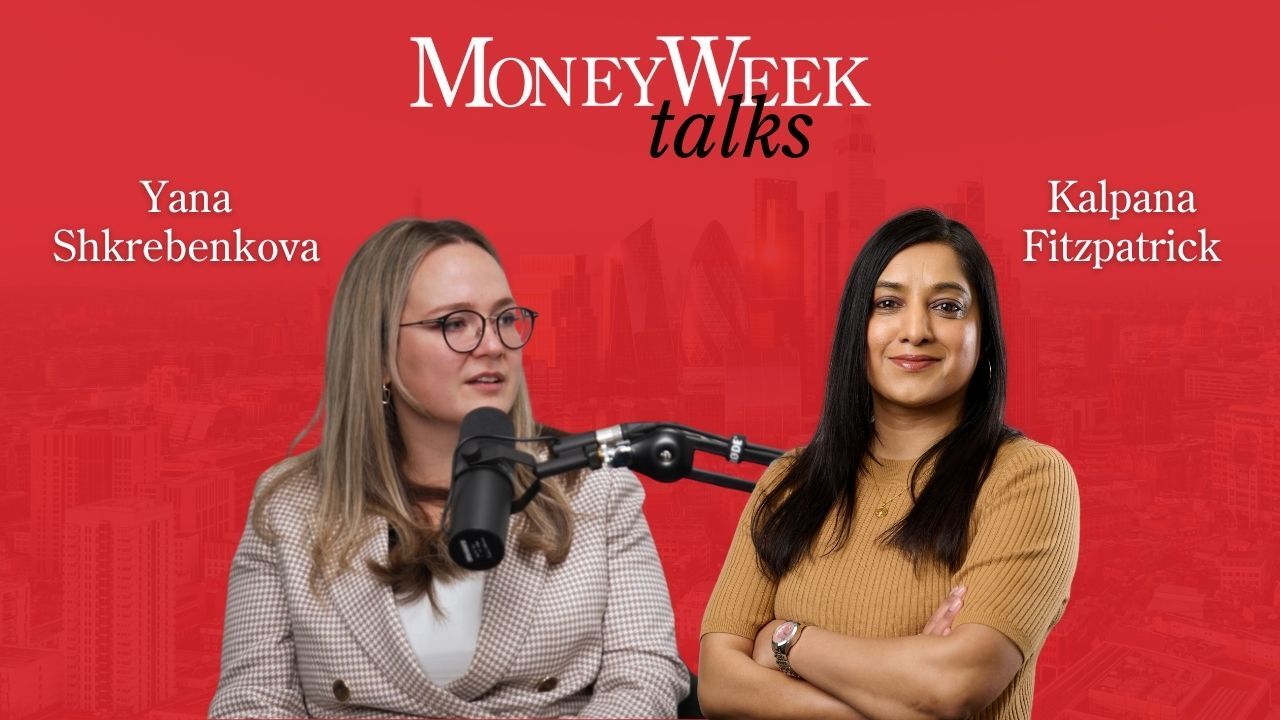 Will fintechs change the way you invest?: MoneyWeek Talks
Will fintechs change the way you invest?: MoneyWeek TalksPodcast MoneyWeek's digital editor, Kalpana Fitzpatrick, speaks to Revolut Trading CEO Yana Shkrebenkova about how fintechs are changing the way people approach investing.
-
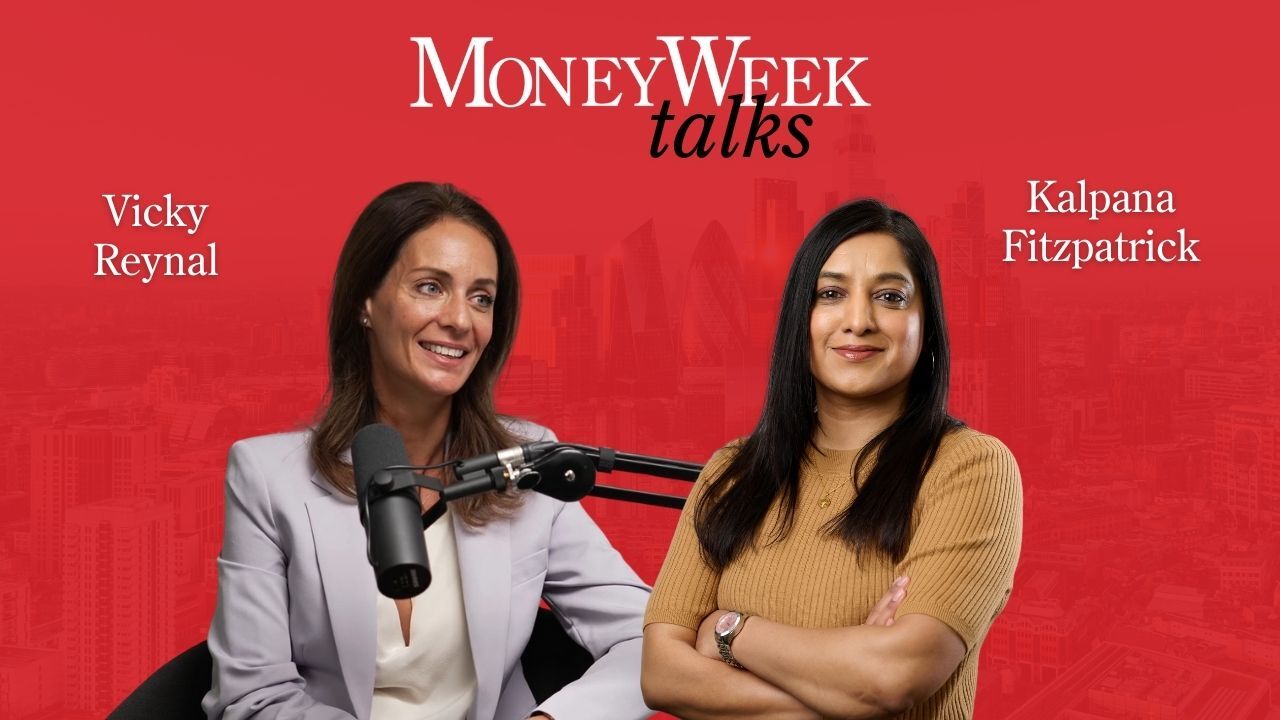 Why you fear money – and how to fix it: MoneyWeek Talks
Why you fear money – and how to fix it: MoneyWeek TalksPodcast MoneyWeek's digital editor, Kalpana Fitzpatrick, speaks to financial psychotherapist Vicky Reynal about how to change your money mindset for the better.
-
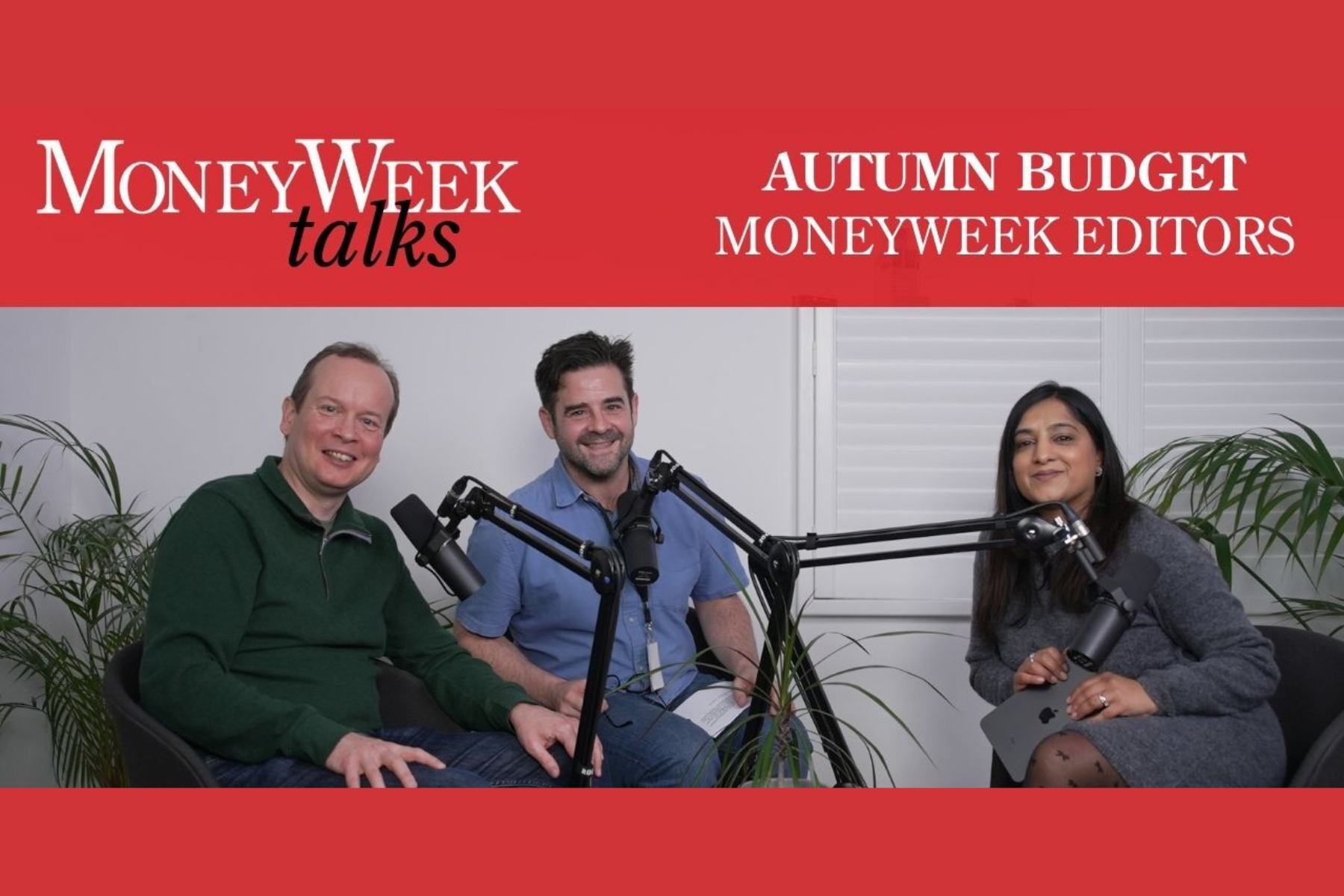 How the Budget will hurt you: MoneyWeek Talks
How the Budget will hurt you: MoneyWeek TalksPodcast An Autumn budget podcast special episode, featuring MoneyWeek editors Kalpana Fitzpatrick, Andrew van Sickle and Cris Heaton.
-
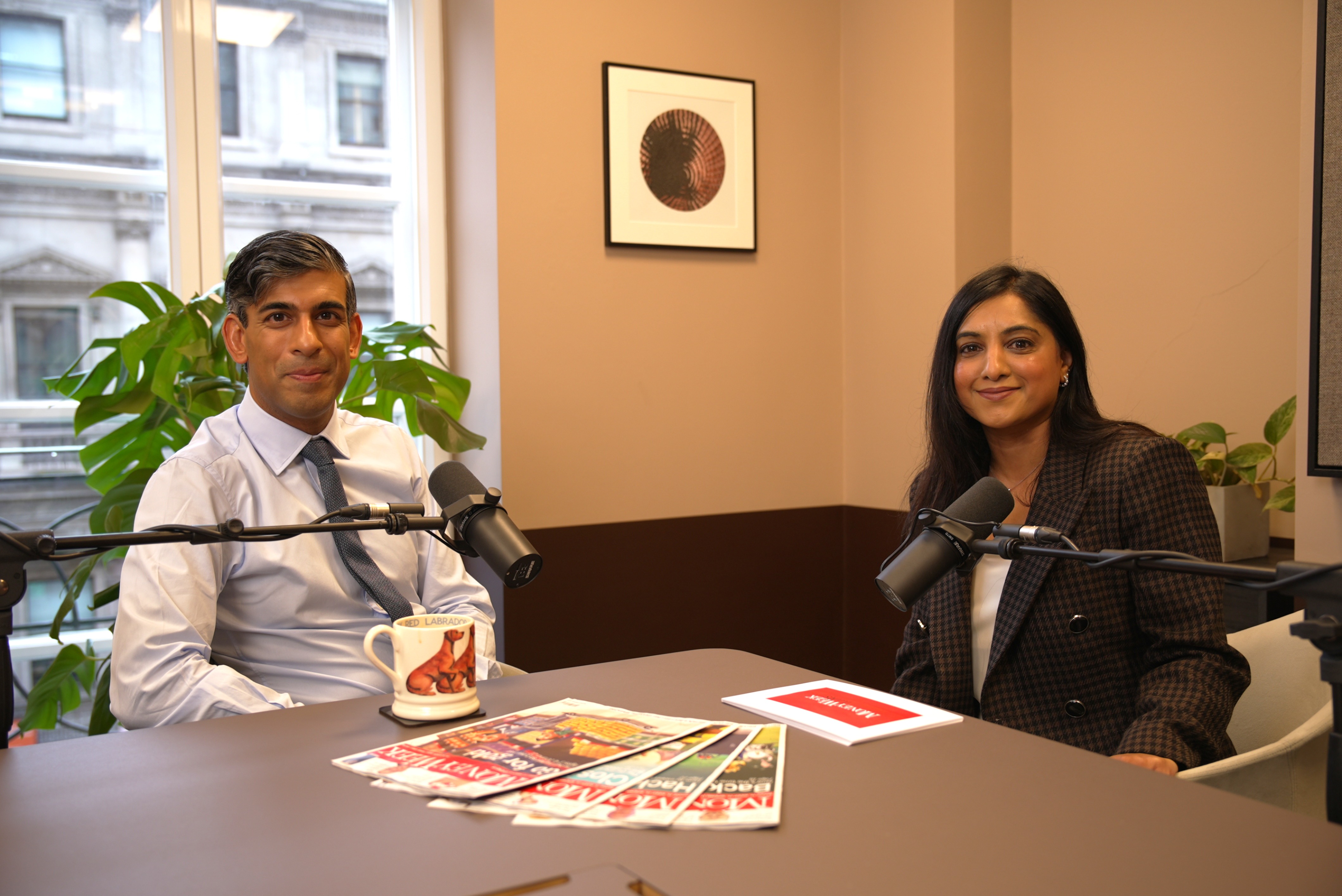 Rishi Sunak: MoneyWeek Talks
Rishi Sunak: MoneyWeek TalksPodcast On the MoneyWeek Talks podcast, Rishi Sunak tells Kalpana Fitzpatrick that we need better numeracy skills to improve financial literacy and boost the economy.

